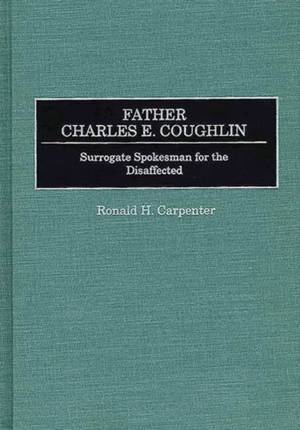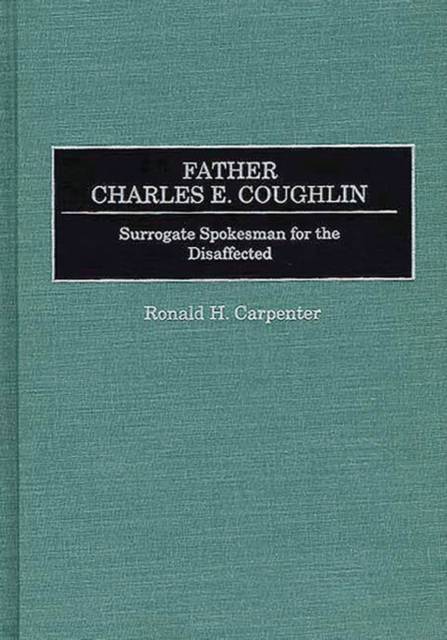
- Afhalen na 1 uur in een winkel met voorraad
- Gratis thuislevering in België vanaf € 30
- Ruim aanbod met 7 miljoen producten
- Afhalen na 1 uur in een winkel met voorraad
- Gratis thuislevering in België vanaf € 30
- Ruim aanbod met 7 miljoen producten
Zoeken
€ 118,95
+ 237 punten
Omschrijving
As Americans moved from farms and small towns to large cities, they tended to lose a hallmark of their earlier life: comparatively direct participation in the discourse of pragmatic affairs. The ubiquitous radio, which became a primary medium of communication during the Great Depression, tended to make Americans listeners more than speakers about important issues. Nevertheless, as the economic catastrophe of the time evoked desires in people to express their hopes and fears for the future, Americans nevertheless tended to be reticent. They instead bestowed leadership on speakers who articulated those hopes and fears on their behalf--particularly orators who effectively utilized radio. Possessed with the ability to deliver speeches exceptionally well and to phrase ideas so eloquently as to be admired by listeners, Father Charles E. Coughlin emerged as that surrogate spokesperson for many Americans. Moreover, because the medium of radio endowed his discourse with a credibility enhanced by his own ethos, he emerged as a persuader who fulfilled the mass media role known as opinion leadership. He also capitalized on the inherent advantages of orality as a significant factor that influenced how people responded to the myriad messages of the vast communication mosaic in which Americans lived at the onset of the electronic age. Father Coughlin exemplifies that speaker who achieves the role of an opinion leader in contemporary society.
Specificaties
Betrokkenen
- Auteur(s):
- Uitgeverij:
Inhoud
- Aantal bladzijden:
- 224
- Taal:
- Engels
- Reeks:
- Reeksnummer:
- nr. 28
Eigenschappen
- Productcode (EAN):
- 9780313290404
- Verschijningsdatum:
- 8/04/1998
- Uitvoering:
- Hardcover
- Formaat:
- Genaaid
- Afmetingen:
- 162 mm x 243 mm
- Gewicht:
- 517 g

Alleen bij Standaard Boekhandel
+ 237 punten op je klantenkaart van Standaard Boekhandel
Beoordelingen
We publiceren alleen reviews die voldoen aan de voorwaarden voor reviews. Bekijk onze voorwaarden voor reviews.











